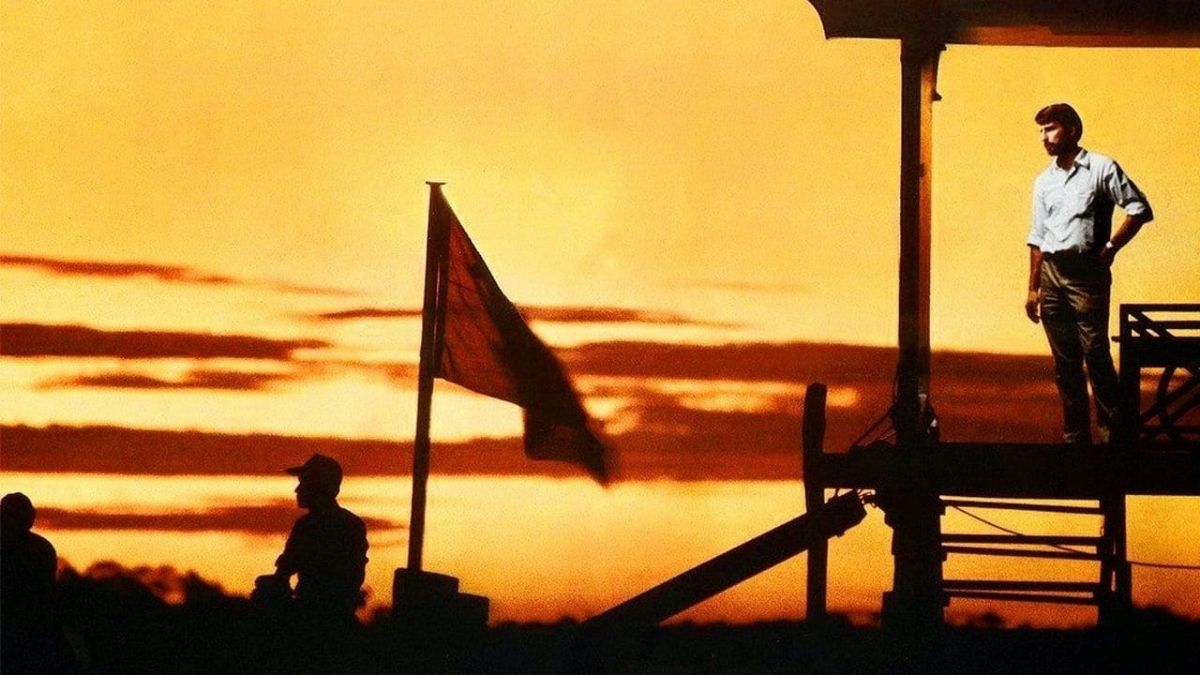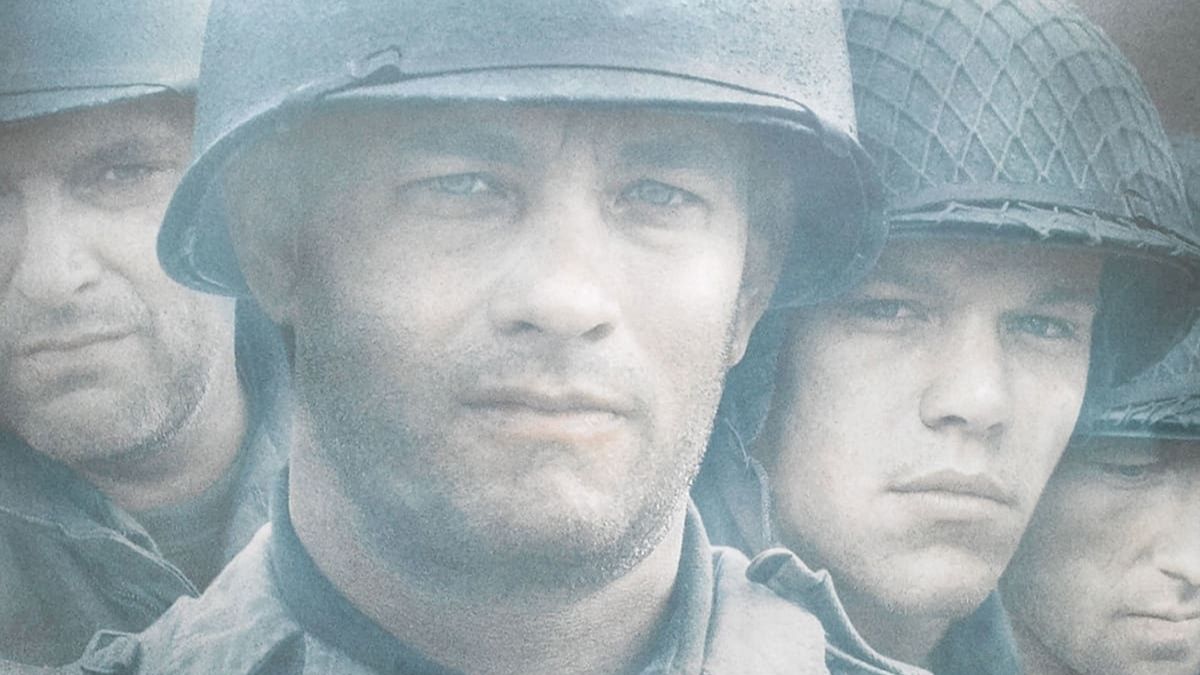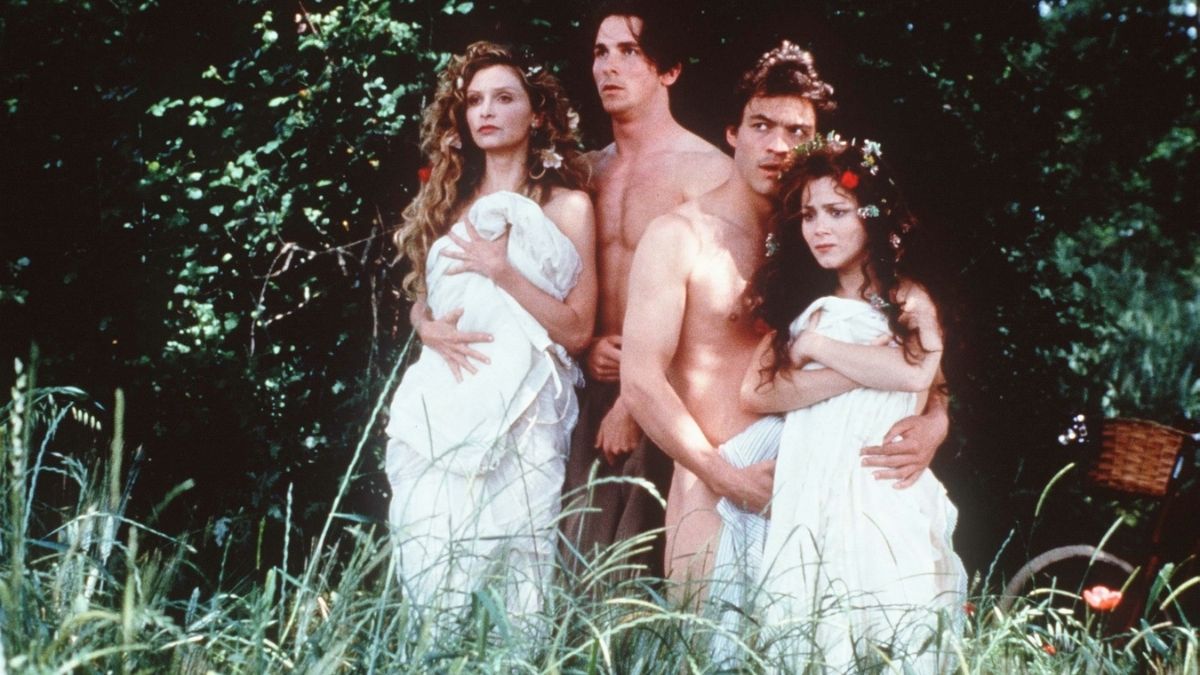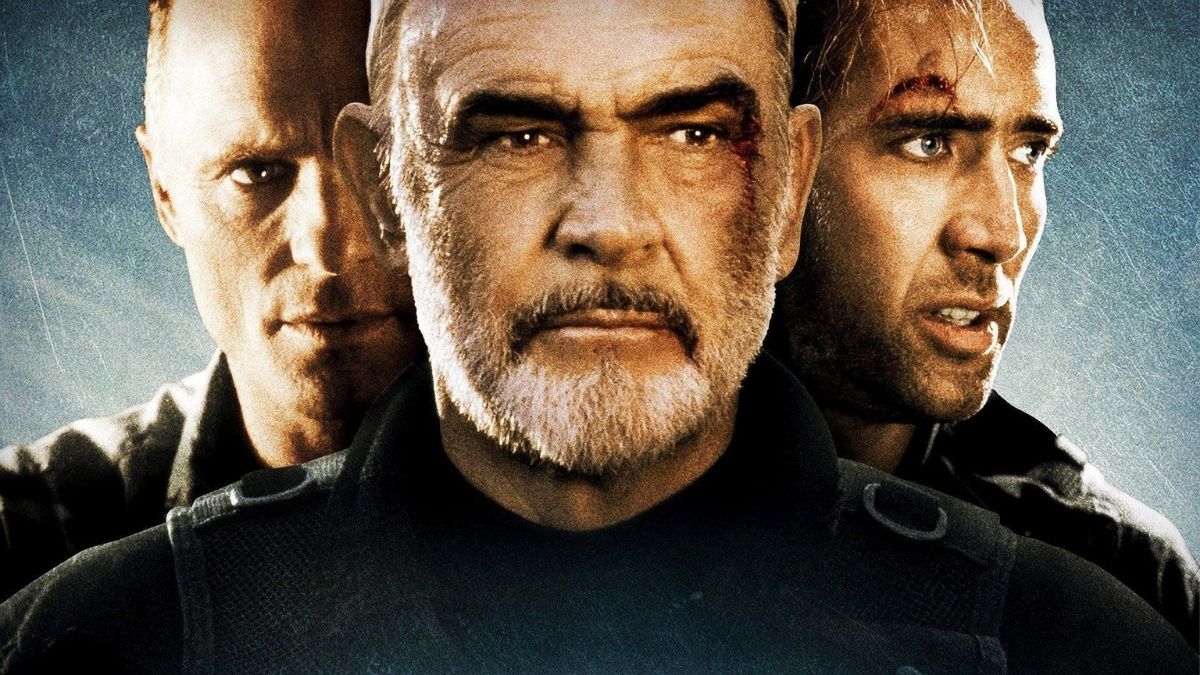
The Killing Fields Monologues
A journalist is trapped in Cambodia during tyrant Pol Pot's bloody 'Year Zero' cleansing campaign, which claimed the lives of two million 'undesirable' civilians.
Dith Pran Monologues
The wind whispers of fear and hate. The war has killed love. And those that confess to the Angka are punished, and no one dare ask where they go. Here, only the silent survive.
They tell us that God is dead. And now the Party, they call the Angka, will provide everything for us. He says, Angka has identified and proclaims that the existence of a bad new disease, a memory sickness like those that think too much about life in pre-revolutionary Cambodia. He says, we are surrounded by enemies. The enemy is inside us. No one can be trusted.
We must be like the ox and have no thought, except for the Party. No laugh, but for the Uncle. People starve, but we must not grow food. We must honor the comrade children, whose minds are not corrupted by the past.
I'm a reporter too, Morgan! I know his heart. I love him like my brother, and I'd do anything for him! Anything!
Sydney, Angka says that those who were guilty of soft living in the years of the great struggle and did not care for the sufferings of the peasant, must confess. Because, now is the year zero and everything is to start anew.
Tell my wife I love her and look after all my children. She doesn't speak any English, Sydney. Please, I don't want anyone to be bad to my wife.
I'm full of fear, Sydney. I must show no understanding. Not of French or English. I must have no past, Sydney. This is the year zero and nothing has gone before.
Sydney Schanberg Monologues
If anybody ever gets to read about this, you won't be able to look them in the face!
Life isn't a '40s movie. You can't just get on a God damn plane and make the whole *world* come out right!
We made a mistake. Maybe what we underestimated was the kind of insanity that $7 billion worth of bombing could produce.
They brought in the whole fucking press corps! They want to sanitize the story? Bastards!
Dith Pran! P-R-A-N. He disappeared in Phnom Penh in 1975. Pran is his first name. Any information you can give… well, we're hoping for any information at all! He was last seen in '75.
As they pondered their options in the White House, the men who decided to bomb and then to invade Cambodia concerned themselves with many things: great power conflicts and collapsing dominoes, looking tough and dangerous to the North Vietnamese, relieving pressure on the American troop withdrawal from the South. They had domestic concerns, as well, which helps explain why they kept the bombing of Cambodia a secret for as long as they could. And they may be assumed not to have ignored self-interest in their own careers. But they specifically were not concerned with, were the Cambodians themselves. Not the people, not the society, not the country. Except in the abstract as instruments of policy. Dith Pran and I tried to record and bring home here the concrete consequences of these decisions to real people - to human beings, the people left out of the Administration's plans, but, who paid the price and took the beating for them.
Cambodia. To many westerners it seemed a paradise. Another world, a secret world. But the war in neighboring Vietnam burst its borders, and the fighting soon spread to neutral Cambodia. In 1973 I went to cover this side-show struggle as a foreign correspondent of the New York Times. It was there, in the war-torn country side amidst the fighting between government troops and the Khmer Rouge guerrillas, that I met my guide and interpreter, Dith Pran, a man who was to change my life in a country I grew to love and pity.
I got a right to go wherever I like in this sad little country. That's their law, that's our law. You impede me, you're breaking the Cooper-Church Amendment!
K.R.'s making a push for the airport road. If they cut it, the city could be lost. We hype these people up. "You'll be all right with us," we tell them. Now look at all this *fucking* mess!
I never really gave him any choice. One time we tried to discuss leaving. I talked to him about it, but we never really discussed it. I discussed it with Swain and Rockoff. But I never discussed it with him. He stayed because I wanted him to stay. And I stayed because...



